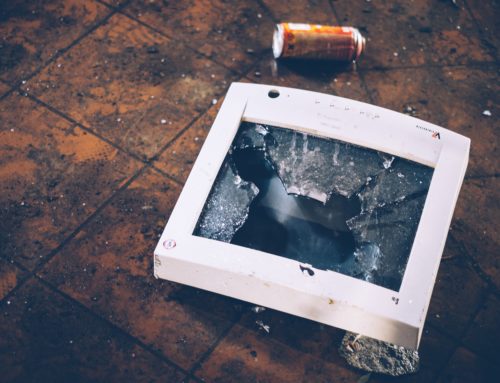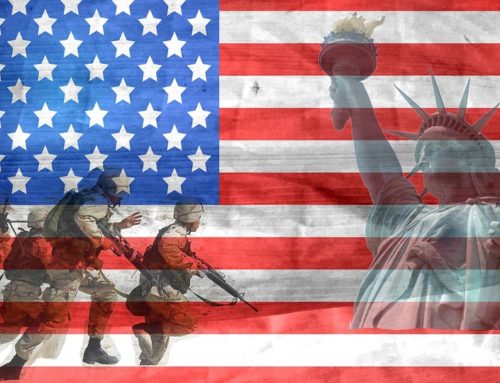If you’ve been watching Tennessee news for the past few months you may know the Tennessee Court of Appeals ruled that opioid producers may be sued under the Tennessee Drug Dealer Liability Act. As the law currently stands, this applies to “anyone who knowingly participates in the illegal drug market whether one’s headquarters is an office building or a back alley.”
In the case of opioid manufacturers, the ones who are in danger of being sued are companies who knowingly supplied pharmacies and doctors who they knew were over prescribing.
Tennessee has one of the highest rates of opioid abuse in the United States. In 2018, 1,837 individuals died as a result of opioids.
The Drug Dealer Liability Act states:
“A person who knowingly participates in the illegal drug market within this state is liable for civil damages as provided in this chapter. A person may recover damages under this chapter for injury resulting from an individual’s use of an illegal drug.”
The theory behind the law is that many members of the community end up paying when a person becomes addicted to drugs. Certain community entities end up with expenses as they attempt to help addicted individuals. Many babies are also injured in utero as a result of illegal drug use.
Under the statute, “person” includes any company or corporation.
The party bringing the lawsuit may sue for the following types of damages:
- Economic Damages
- Treatment costs.
- Rehabilitation costs.
- Medical expenses.
- Loss of economic potential.
- Loss of educational potential.
- Loss of productivity.
- Damages caused by absenteeism.
- Support expenses.
- Non-Economic Damages
- Physical and emotional pain.
- Physical impairment.
- Emotional distress and mental anguish.
- Disfigurement.
- Loss of enjoyment.
- Loss of companionship, services, and consortium.
Note that the statute does not compensate the drug user. It specifically addresses five classes of individuals:
- Parents, legal guardians, children, spouses, and siblings of the drug user.
- Individuals exposed to the drug in utero.
- Employers of drug users.
- Medical facilities, insurers, governmental entities, employers, or any other entity that funds drug treatment programs or employee assistance programs for the user.
- People who have been injured as a result of actions taken by the drug user while under the influence.
In the 5th case there may be many other parties named in the suit. For example, if a drug user beats up a shopper in a Walmart parking lot who failed to light that parking lot properly, the suit could be brought against the drug dealer for supplying the drug, and against Walmart for failing to exercise reasonable care required to offer shoppers a safe environment. The victim could also bring suit against anyone else in the chain of distribution, and the assailant.
What does all this mean for clients?
If you’re a plaintiff in a personal injury case, it means that it is worth investigating whether an individual’s drug use played a role in your injury.
If you’re a pharmaceutical company, pharmacy, doctor, or an individual health care provider it means you will want to be very diligent about the supply, prescription, and distribution of controlled substances, and you will want to document your due diligence so you can use it to defend yourself in court should the need arise.






